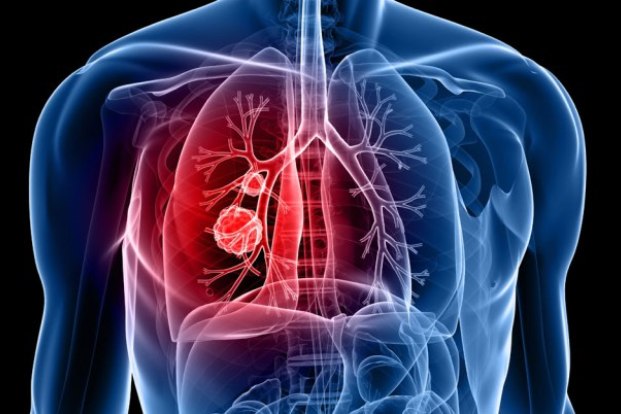Categories
- Bariatric Surgery (11)
- Black Fungus (5)
- Bone Marrow transplant (3)
- Brain Tumor Surgery Navigation Technology (20)
- Cardiac Surgery (66)
- Cardiology (97)
- Computer navigation technology for joint replacements (20)
- Covid Vaccination (17)
- Critical Care (2)
- Dental (19)
- Dermatology (31)
- Dialysis Support Group - “UTSAAH” (11)
- Dietitian (33)
- Emergency Medicine (4)
- Emotional Health (11)
- Endocrinology (33)
- ENT (20)
- Gastroenterology and GI Surgery (53)
- General and Laparoscopic Surgery (21)
- General Surgery (4)
- Gynecology & Obstetrics (183)
- Hematology (20)
- Internal Medicine (294)
- Kidney Transplant (50)
- Kidney Transplantation (20)
- Lung Cancer (8)
- Minimal Invasive Surgery (1)
- Mother & Child (20)
- mucormycosis (5)
- Nephrology (61)
- Neurology (147)
- Neurosurgery (68)
- Nutrition and Dietetics (107)
- Omicron Variant (1)
- Oncology (288)
- Ophthalmology (10)
- Orthopaedics & Joint Replacement (86)
- Paediatrics (59)
- Pediatric Nephrology (3)
- Physiotherapy (5)
- Plastic & Reconstructive Surgery (6)
- Psychiatry and Psychology (90)
- Psychologist (28)
- Pulmonology (72)
- Rheumatology (13)
- Spine Services (21)
- Transradial Angioplasty (16)
- Urology (84)
Query Form
Posted on Apr 19, 2022
IS PNEUMONIA DANGEROUS?
Pneumonia is a lung infection with a range of possible causes. It can be a serious and life-threatening disease. There are a variety of organisms, including bacteria, viruses, and fungi that can cause pneumonia. Pneumonia can range in seriousness from mild to life-threatening. It can occur in young and healthy people, but it is more dangerous for older adults above 65 years, infants, patients with other diseases, and those with low immune systems. It inflames the air sacs in one or both the lungs. The common symptoms of pneumonia is a cough, fever, chills, and difficulty in breathing and sometimes coughing up blood.

Signs of Complications Due To Pneumonia:
Yes, it may be dangerous, even with treatment, especially for those in high-risk groups, may experience complications which includes:
- Bacteria in the bloodstream (Septicemia): Bacteria, if enters the bloodstream from the lungs, can spread the infection to other organs of the body and potentially causing organ failure.
- Respiratory Failure: If the pneumonia is severe or it is in the background of chronic underlying lung diseases, then the patient may have trouble breathing in enough oxygen. The patient may need to consult a doctor and may be hospitalized for oxygen therapy together with other management.
- Pleural Effusion or Fluid accumulation around the lungs: Pneumonia may cause fluid to build up in the thin space between layers of tissue that line the lungs and chest cavity. If the fluid becomes infected, the patient may need to have it drained through a chest tube or removed with surgery.
- Lung Abscess: Localized lung infection can turn into lung abscess. An abscess is usually treated with antibiotics. Sometimes, surgery or drainage with a needle or tube is needed to be placed in abscess to remove the pus.
- Scarring of lungs: Severe pneumonia leaves a permanent scar in the lungs as long-term sequelae.this sometimes can cause breathlessness.
Keeping these aspects in mind one should always be prepared to prevent pneumonia infections by taking few precautions like timely vaccinations (Pneumococcal, Flu vaccines), not smoking, maintaining a good hygiene and keeping body immune system strong. Patients with Chronic lung diseases should be compliant in taking medications prescribed by their doctors.



